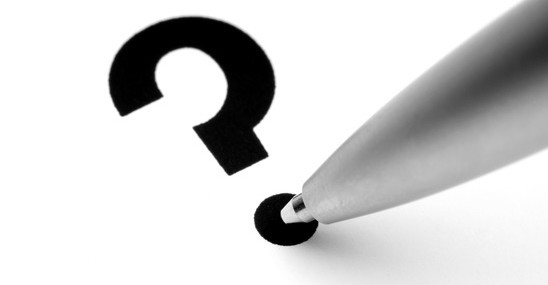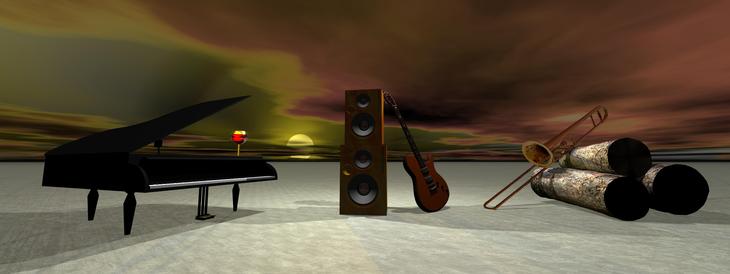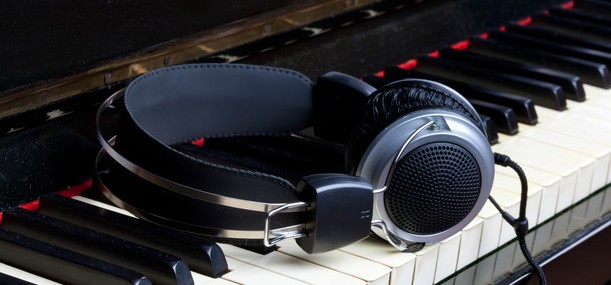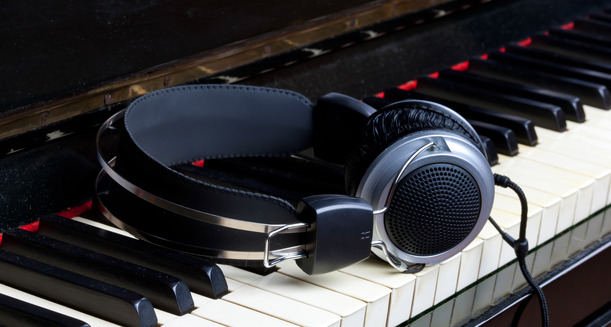When people say the word piano, they are usually referring to the more traditional acoustic piano. But by no means is that your only option.
A digital piano is an instrument that duplicates the sound and feel of playing an acoustic piano, and takes it to a different level. It uses digitally sampled sounds, amplifiers and speakers instead of strings and hammer in order to produce its sound. The keys are weighted to imitate the action of playing an acoustic piano, thereby making the transition between the two easy.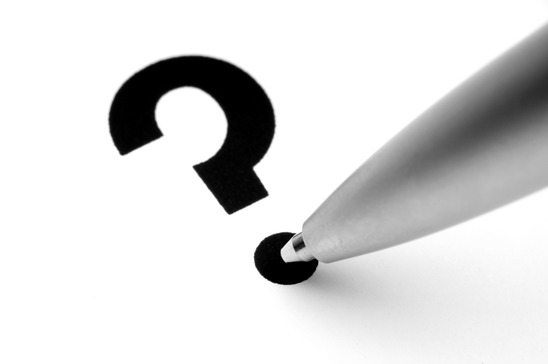
Of course digital pianos come in all types of styles, options and price ranges. What makes a digital piano a great choice in today’s world is its ability to create many different sounds, combined with the technology to produce and record music in many different ways. Since all sounds are produced and stored in electronic form, you can listen through headphones instead of speakers, store recordings in many computerized formats, and stay portable to bring it easily into any venue.
It’s a great instrument to bring into tight spaces. From tiny studio apartments, to college dorm rooms, to living with room mates who might not appreciate your jam sessions until the wee hours of the morning, a digital piano allows you play silently without bothering those around you.
It’s also low maintenance.
- Keep liquids away from the keyboard
- Keep it away from direct sunlight
- Dust regularly
- Clean the keys with a soft cloth and occasional soap and water
And if you are used to the regular tuning and repair process that comes with acoustic pianos, you are in for a surprise. Digital pianos never require tuning. The sounds for a digital piano are recorded and stored digitally within the hardware of the piano, so it will never go out of tune.
Think a digital piano may be the perfect choice for you? The best place to start is by comparing your options and finding one that meets your needs. Come in today and we’ll show you a complete line, and help you select the right digital piano for you.
